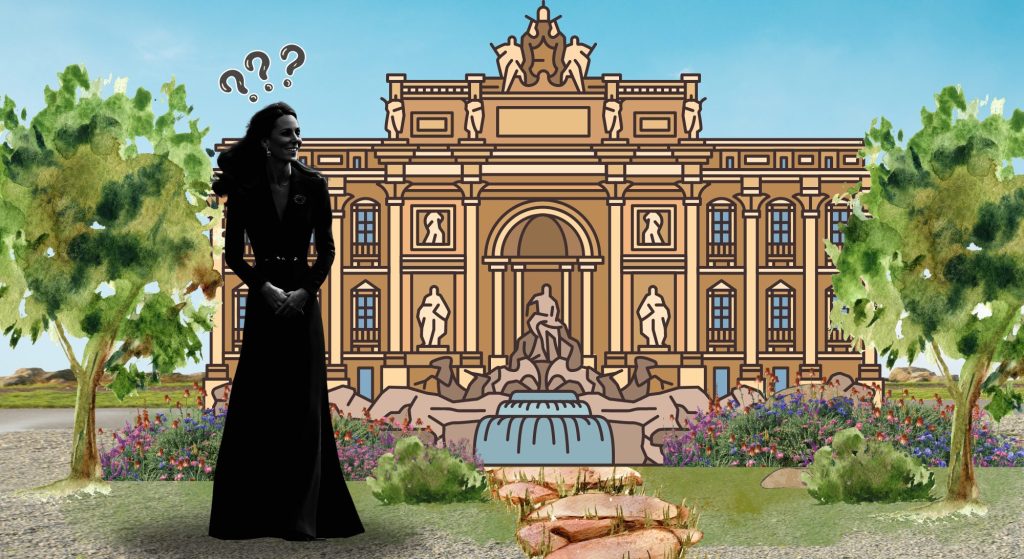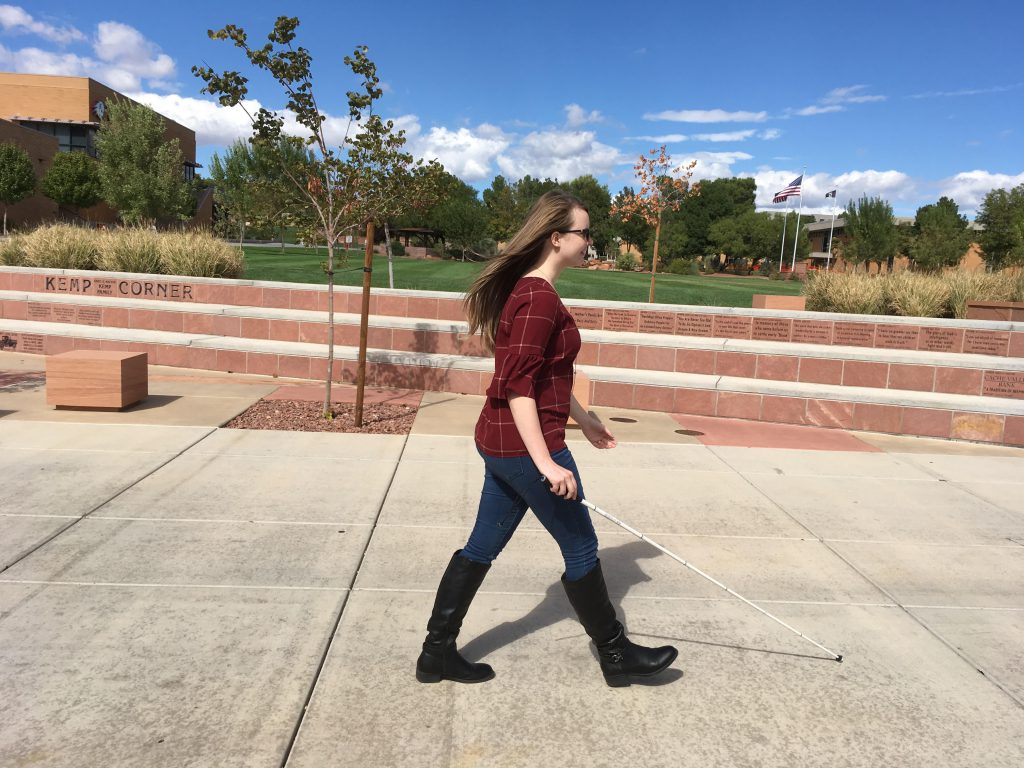The musicians, filmmakers and writers of today must utilize the material they are given in the form of news headlines, or tomorrow they will be nothing more than yesterday’s news.
Works such as “The Grapes of Wrath,” by John Steinbeck, and “The Freewheelin’ Bob Dylan,” by Bob Dylan, painted vivid pictures of the turmoil going on during the eras they were released.
Steinbeck’s novel reeked of the desperation and despair of the ’30s, while Dylan’s album had themes of the defiance and hope the Civil Rights Movement was based on. I’m skeptical that today’s prominent pieces of music, literature and film convey the recession-ravaged, war-waged, technology-tampered times we live in.
This is a problem for many reasons.
Take a date to the movies, and you will see numerous previews and posters for zombie or vampire movies; turn you’re radio dial, and flamboyant pop stars will yell philosophical phrases such as YOLO. There’s nothing wrong with enjoying trends that pop up throughout the years, but soon zombies will be replaced with elves, or something of that nature, and YOLO will be a no-go.
Fads disappear, and so do the people who brought those fads to the forefront of pop culture.
When a creators simply follows fads, their work loses relevance when the next batch of half-baked fads comes along, and the importance of their career loses steam. By commenting on the larger political and social scape of the time, an artist is meshing creativity with the bigger picture.
Also, do we only want history teachers to have the task of informing future generations about the times we grew up in? With respect to history teachers, I learned more about the 60’s from The Rolling Stones and The Beatles than any lecture. We can debate whether young people should look up to pop culture icons or not, but they do; the messages prominent musicians, novelists and actors convey move the masses.
Many historical events are linked to artists of the time rather than other, more concrete details. The humanization of a movement appeals to people much easier than the numbers and dates; we see the raw emotion of a lyric or a sentence in a novel, and it resonates and adds sincerity.
Is it possible that today’s artists are documenting the bigger picture, and we live in a time that is based on reality television and attending raves? No, these are just small details in complicated, exciting times.
There is an incredible amount of room for social, political and economic commentary today. Let’s begin with technology: old ways of living and handling tasks are being left behind as we gaze at screens. Writers, such as George Orwell, predicted this decades ago, and now the technological age has come. It is time for artists to describe the growth, fear and opportunities in the form of a song or a script.
What else is there for artists to document?
There’s much turbulence in Washington and no peace in sight. Icons of the ’60s and ’70s are dying; who takes their place? Natural disasters are tearing apart major cities across the globe, and the recovery will either be inspirational or cringe-worthy. The only things necessary to find events packed with potential ideas are eyes and ears.
In the end, the past has been preserved well, and we cannot stop now. We live in complicated times, and it will be much easier to show future generations through songs, films and books than through an hour-long lecture. Step it up, artists.



